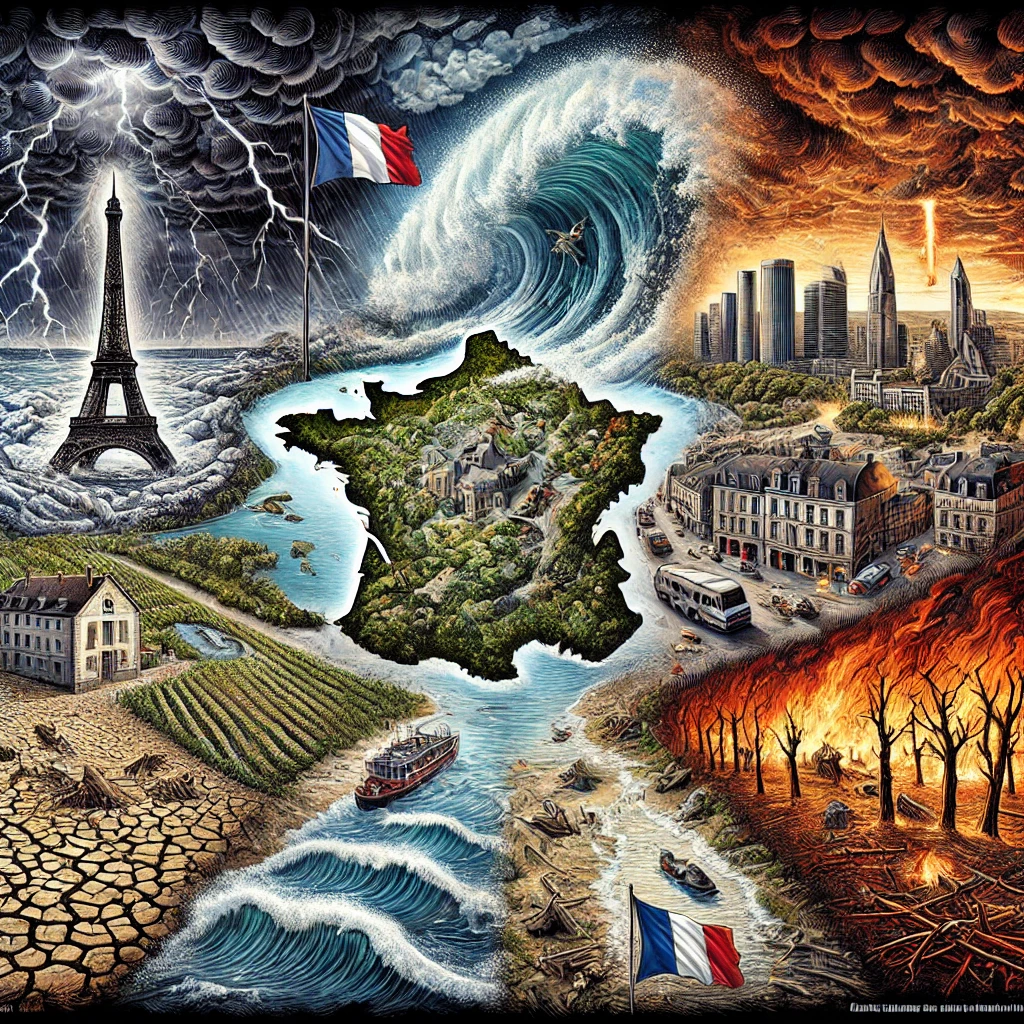Can climate change affect real estate?

Increase in climate risks
At the end of May 2022, losses from natural disasters in france/">France forced insurance companies to pay out nearly 4 billion euros. According to data from France Assureurs, an association representing the insurance sector in the country, financial losses from climate-related disasters have reached unprecedented levels over the past two decades. Heatwaves, floods, droughts, and wildfires—all consequences of global warming—have led to an increase in the intensity and frequency of risks associated with real estate. Insurers like Allianz, as well as homeowners, are facing these significant changes. Therefore, it is extremely important to properly insure your home and ensure that the policy conditions align with the climate characteristics of your region. It is also worth considering the possibility of obtaining additional insurance coverage if necessary.
Real estate: what climate risks exist?
Some areas are more susceptible to the effects of climate change. For example, phenomena such as extreme heat particularly affect large cities, where there is a lack of green spaces and predominance of paved areas.
1 May 2025
13 May 2025
14 May 2025




How to take action?
There are many ways to adapt to climate change. In addition to reducing carbon emissions, residents can implement simple methods:
- Planting trees around the buy/house/">house to maintain a cooler temperature inside;
- Reinforcing buildings by installing storm protection shutters, sturdy windows, and effective drainage systems;
- Improving thermal insulation and energy efficiency, as well-insulated homes are better able to withstand sharp temperature fluctuations;
- Clearing areas of shrubs to reduce the risk of wildfires;
- Designing gardens and plots to improve water absorption and reduce the risk of stagnation;
- Finding solutions for minimizing landslides in mountainous areas.
Read also:Drought: areas where watering the garden will be prohibited in the summer. Heat: what is allowed and what is prohibited to do in the garden.
Comment
Popular Posts
Popular Offers

Subscribe to the newsletter from Hatamatata.com!
Subscribe to the newsletter from Hatamatata.com!
I agree to the processing of personal data and confidentiality rules of Hatamatata










